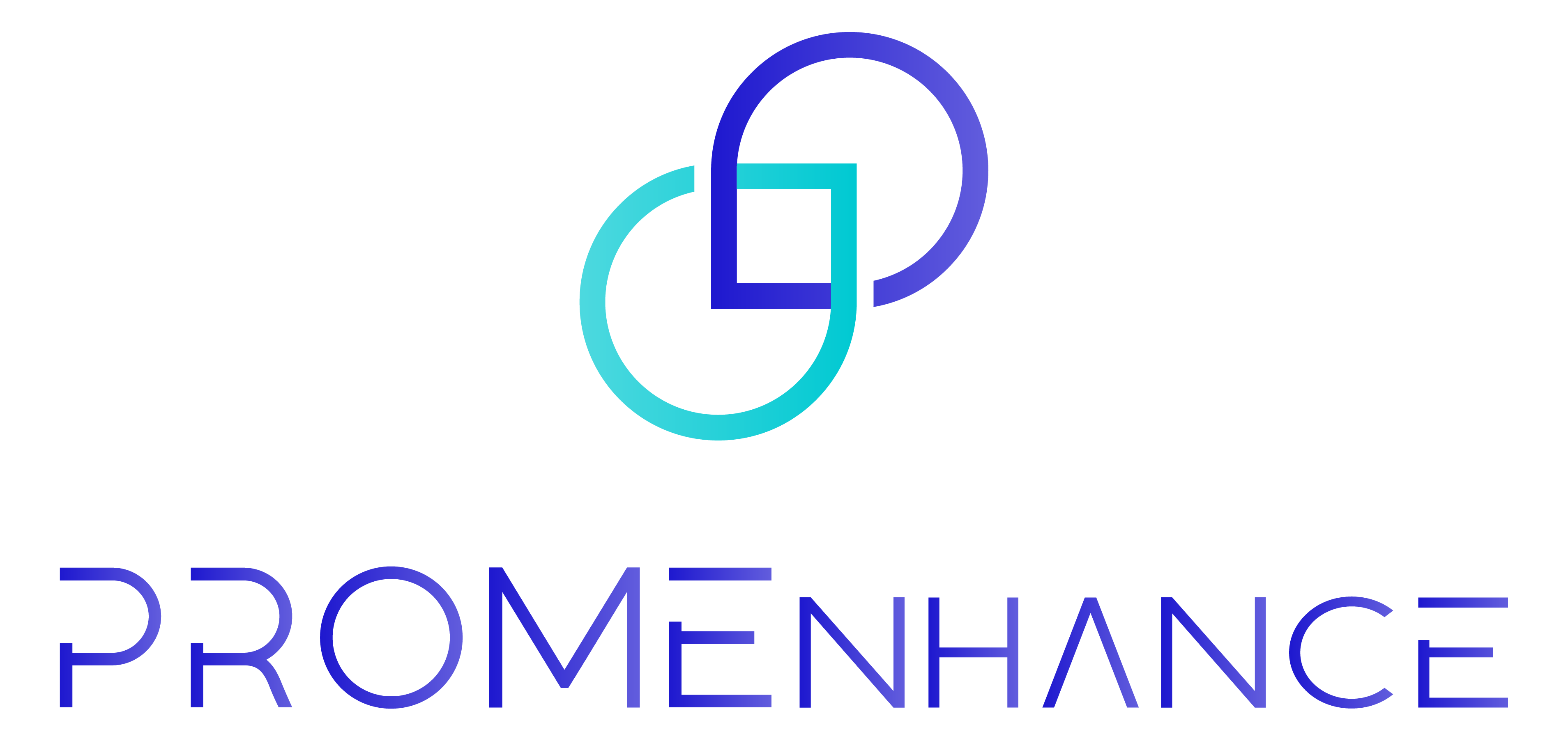
The current phase of European digital and green transition does challenge local and regional authorities to activate multistakeholder platforms and co-design innovative development paths, fully coherent with local context specificities but also with common EU-level strategic development, as expressed by National Recovery and Resilience Plans. New and consolidated sector-specific working routines need to be integrated in system level efforts, bringing together different disciplines and professional practices. Public Administrations are not the only actors interested in new professional profiles being able to participate in the new generation of planning activities, in which the private and civil society sectors are expected to play an important and positive role. That is why the project partners see the necessity and opportunity of exploring, analysing and structuring the emerging professional area that refers to innovation-oriented participatory local development, and proposing a reference and a learning community to support the initial training and continuing professional development of qualified professionals, based on a common European platform of partners and digital learning resources.

The PROMEnhance project aims to contribute to the professionalisation, at EU level, of participatory and innovative local development processes, based on the four priorities retained by the ERASMUS+ Programme, namely 1. Inclusion and Diversity, 2. Digital Transformation, 3. Environment and fight against climate change, and 4. Participation in democratic life, common values and civic engagement.
It will do so by achieving the following operational objectives:
An analytical report on current and innovative practice of territorial development professions in the five partner countries, with some reference to other EU MS and to the European state of the art. Beyond the general picture, ten concrete case studies will be analysed in depth.
A reference competence framework for professions related to territorial development, including the identification and concept validation of possible learning pathways for initial and continuing education. A gradual experimentation of these pathways is foreseen, starting in year 2 with the collaboration of local authorities and relevant enterprises, to validate the relevance and the integrated classroom/work-based learning approach. As a first approximation, based on a preliminary analysis of working processes taking place in the Turin area, the core competence areas on which the framework will be developed might be 1. Territorial analysis, including geo-economic and social aspects, but also influence analysis, attractiveness and specialisation factors, 2. Cross-sector Territorial Planning, including professional use of funds and reporting formats from different sources; 3. Design and facilitation of multi-stakeholder dialogue leading to converging development projects; 4. Social Innovation projects design and implementation, innovative fund raising, creation of new forms of inter-institutional and public-private-civil society organisations.
A multilingual learning community platform, including newly developed and selected learning resources available for initial and continuing training of local development professionals; the platform will not only be a resource repository, but an active transnational hub to organise virtual exchange learning activities across countries and teaching institutions, exchange of teachers and professionals, peer learning and peer reviewing activities among local authorities and other stakeholders. Pilot transnational activities will be designed, implemented, and evaluated during the project lifespan as a basis for long term sustainable development of the collaboration platform.
